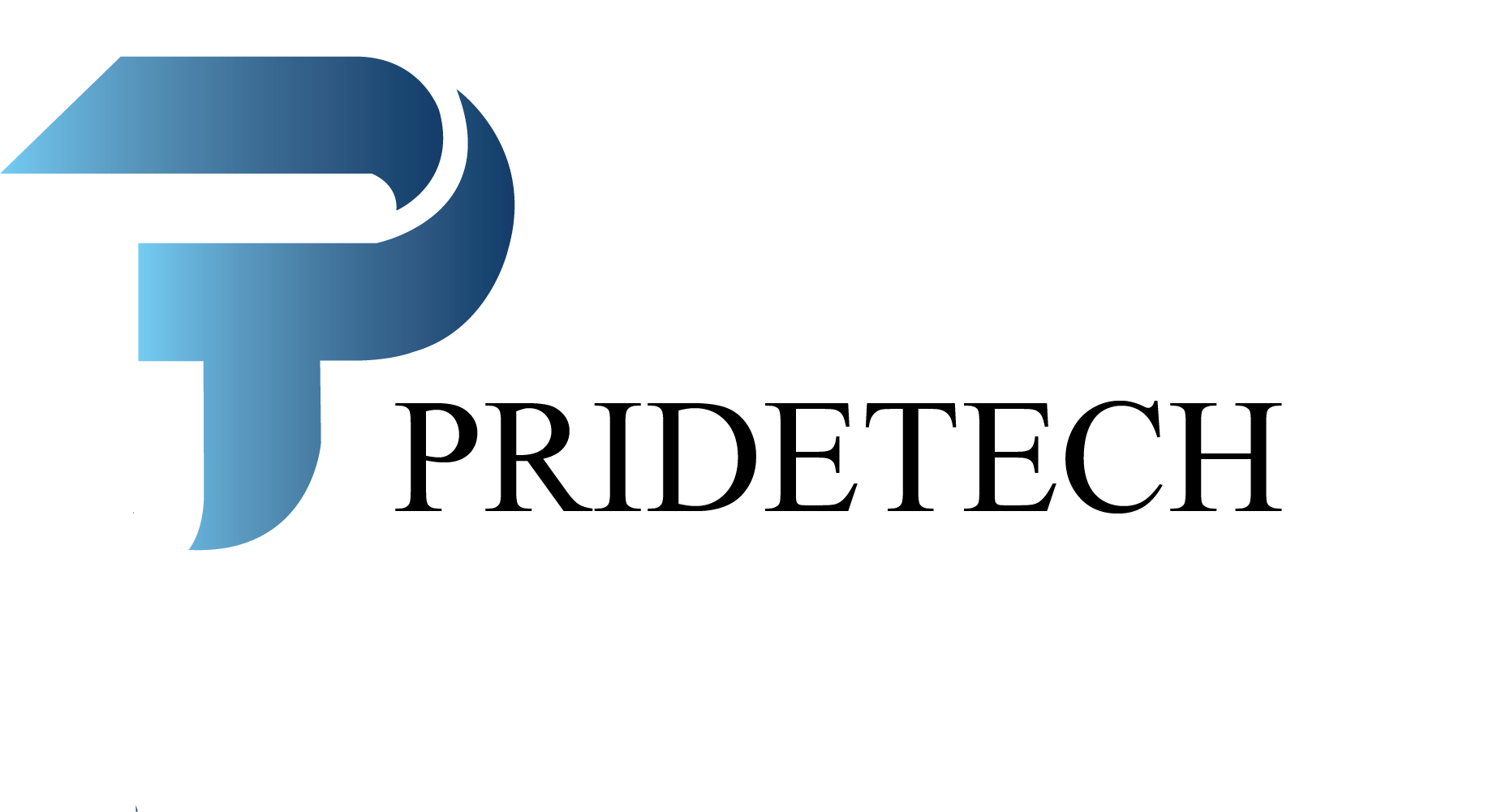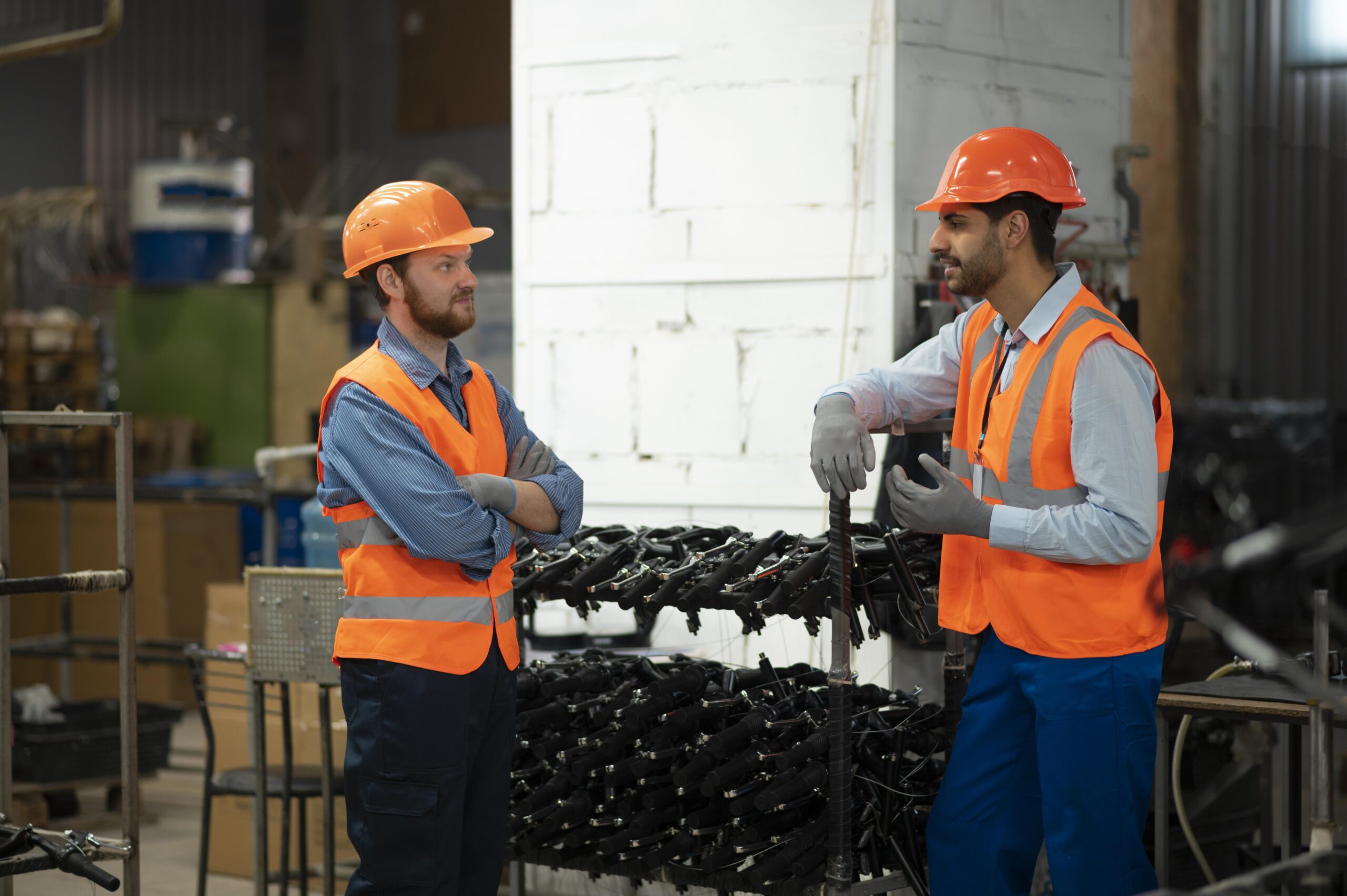HVAC (Heating, Ventilation, and Air Conditioning) and refrigeration systems require regular maintenance to ensure their optimal performance, energy efficiency, and longevity. Proper maintenance helps prevent breakdowns, improves indoor air quality, and reduces energy consumption. Here are some essential HVAC and refrigeration maintenance tasks:
- Regular Cleaning: Dust, dirt, and debris can accumulate on HVAC components and reduce their efficiency. Regularly clean the air filters, coils, and condenser units to ensure unrestricted airflow. Clean or replace filters every 1-3 months, depending on the manufacturer’s recommendations.
- Inspect and Clean Condensate Drain: Condensate drains can become clogged, leading to water leaks or excess moisture. Check and clean the condensate drain regularly to prevent blockages and water damage.
- Check Refrigerant Levels: Improper refrigerant levels can affect system performance and lead to increased energy consumption. Have a qualified technician check the refrigerant levels and adjust them if necessary. If there is a refrigerant leak, it should be repaired promptly.
- Inspect Electrical Components: Ensure that all electrical connections, wiring, and controls are in good condition. Loose connections can lead to system malfunctions or damage. Only a trained professional should handle electrical components.
- Lubricate Moving Parts: HVAC systems have various moving parts that require lubrication to minimize friction and wear. Check the manufacturer’s recommendations and lubricate the motors, fans, and bearings as required.
- Test Thermostat Operation: Verify that the thermostat is functioning correctly and accurately controlling the temperature. Replace batteries if necessary and ensure that the thermostat settings are programmed correctly.
- Inspect Ductwork: Leaky ducts can lead to energy loss and reduced system efficiency. Regularly inspect the ductwork for leaks, gaps, or damage. Seal any leaks with appropriate duct tape or hire a professional to perform duct sealing.
- Test Safety Controls: HVAC systems often have safety controls that need to be inspected and tested regularly. This includes pressure switches, limit switches, and flame sensors, among others. A professional technician can ensure that these safety controls are functioning properly.
- Check Fan Blades and Belts: Inspect the fan blades for damage and clean them if necessary. Also, examine the belts for signs of wear and proper tension. Replace any damaged blades or belts promptly.
- Schedule Professional Maintenance: While some maintenance tasks can be performed by homeowners, it’s crucial to schedule regular professional maintenance. HVAC technicians have the expertise and tools to identify potential issues and perform more in-depth inspections and maintenance.


